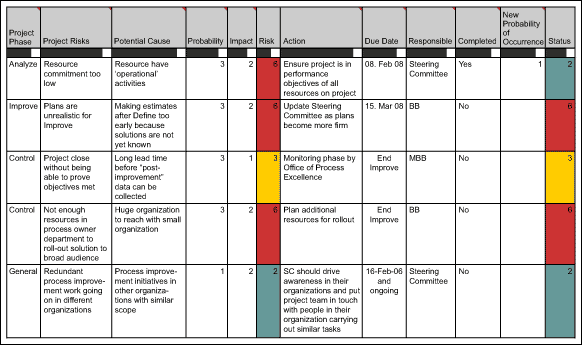Peter Checkland Soft Systems Methodology Ebook Library
A rich picture helps to open discussion and come to a broad, shared understanding of a situation. This option was originally developed as part of Peter Checkland's Soft Systems Methodology (SSM), developing a rich picture covers steps 1 & 2 of the SSM which describe the real world: Identify the issue you wish to address,. Soft Systems Methodology in Action 'Whether by design, accident or merely synchronicity, Checkland appears to have developed a habit of writing seminal publications near the start of each decade which establish the basis and framework for systems methodology research for that decade.' Hamish Rennie, Journal of the.
Soft Systems Methodology in Action 'Whether by design, accident or merely synchronicity, Checkland appears to have developed a habit of writing seminal publications near the start of each decade which establish the basis and framework for systems methodology research for that decade.' Hamish Rennie, Journal of the Operational Research Society, 1992 Thirty years ago Peter Checkland set out to test whether the Systems Engineering (SE) approach, highly successful in technical problems, could be used by managers coping with the unfolding complexities of organizational life. The straightforward transfer of SE to the broader situations of management was not possible, but by insisting on a combination of systems thinking strongly linked to real-world practice Checkland and his collaborators developed an alternative approach - Soft Systems Methodology (SSM) - which enables managers of all kinds and at any level to deal with the subtleties and confusions of the situations they face. This work established the now accepted distinction between 'hard' systems thinking, in which parts of the world are taken to be 'systems' which can be 'engineered', and 'soft' systems thinking in which the focus is on making sure the process of inquiry into real-world complexity is itself a system for learning.
Checkland 1981
Systems Thinking, Systems Practice (1981) and Soft Systems Methodology in Action (1990) together with an earlier paper Towards a Systems-based Methodology for Real-World Problem Solving (1972) have long been recognized as classics in the field. Now-Peter Checkland has looked back over the three decades of SSM development, brought the account of it up to date, and reflected on the whole evolutionary process which has produced a mature SSM. SSM: A 30-Year Retrospective, here included with Soft Systems Methodology in Action closes a chapter on what is undoubtedly the most significant single research programme on the use of systems ideas in problem solving. Now retired from full-time university work, Peter Checkland continues his research as a Leverhulme Emeritus Fellow.
This article presents the seminal work on systems thinking and soft systems methodology (SSM), which has greatly influenced the development of the information system (IS) field. It examines basic systems ideas and what it means to do ‘systems thinking’ and marks a distinction between ‘hard’ and ‘soft’ systems thinking, both of which are relevant in the creation of an information system in a real-life situation. This is done through an account of the development of the approach, which led to recognition of the ‘hard/soft’ distinction between these two linked, but different ways of using systems ideas, namely SSM. It shows how these ideas are relevant to the IS field. Finally it summarizes the implications of these ideas for illuminating and making sense of the field of IS as a whole. Peter Checkland Peter Checkland is Emeritus Professor of Systems at Lancaster University. After fifteen years in industry he started teaching and researching at Lancaster.
Soft Systems Methodology

Peter Checkland Soft Systems Methodology
Seeking a better approach to complex management problems, he led the thirty‐year programme of action research which yielded Soft‐Systems Methodology and the distinction between ‘hard’ and ‘soft’ systems thinking. His work has received many honours, including four honorary doctorates, the Beale Medal of the OR Society, the gold medal of the UK Systems Society, the ‘Pioneer’ award of the International Council on Systems Engineering, and a Fellowship from the American Systems Engineering Honor Society. Access to the complete content on Oxford Handbooks Online requires a subscription or purchase. Public users are able to search the site and view the abstracts and keywords for each book and chapter without a subscription. Please or to access full text content. If you have purchased a print title that contains an access token, please see the token for information about how to register your code. For questions on access or troubleshooting, please check our, and if you can't find the answer there, please.
Comments are closed.